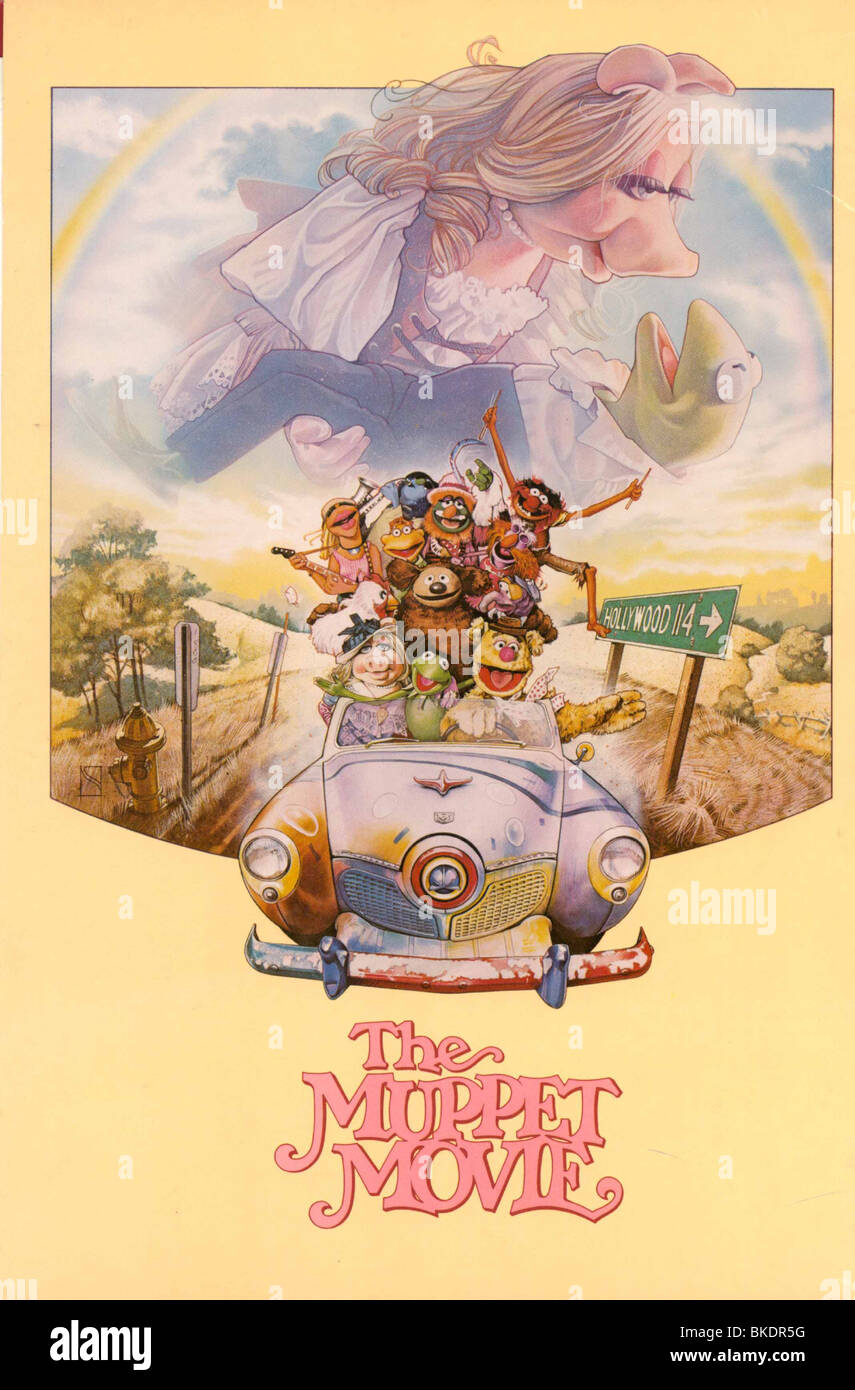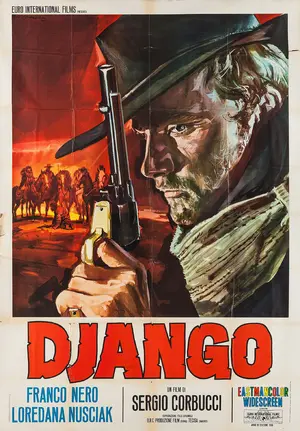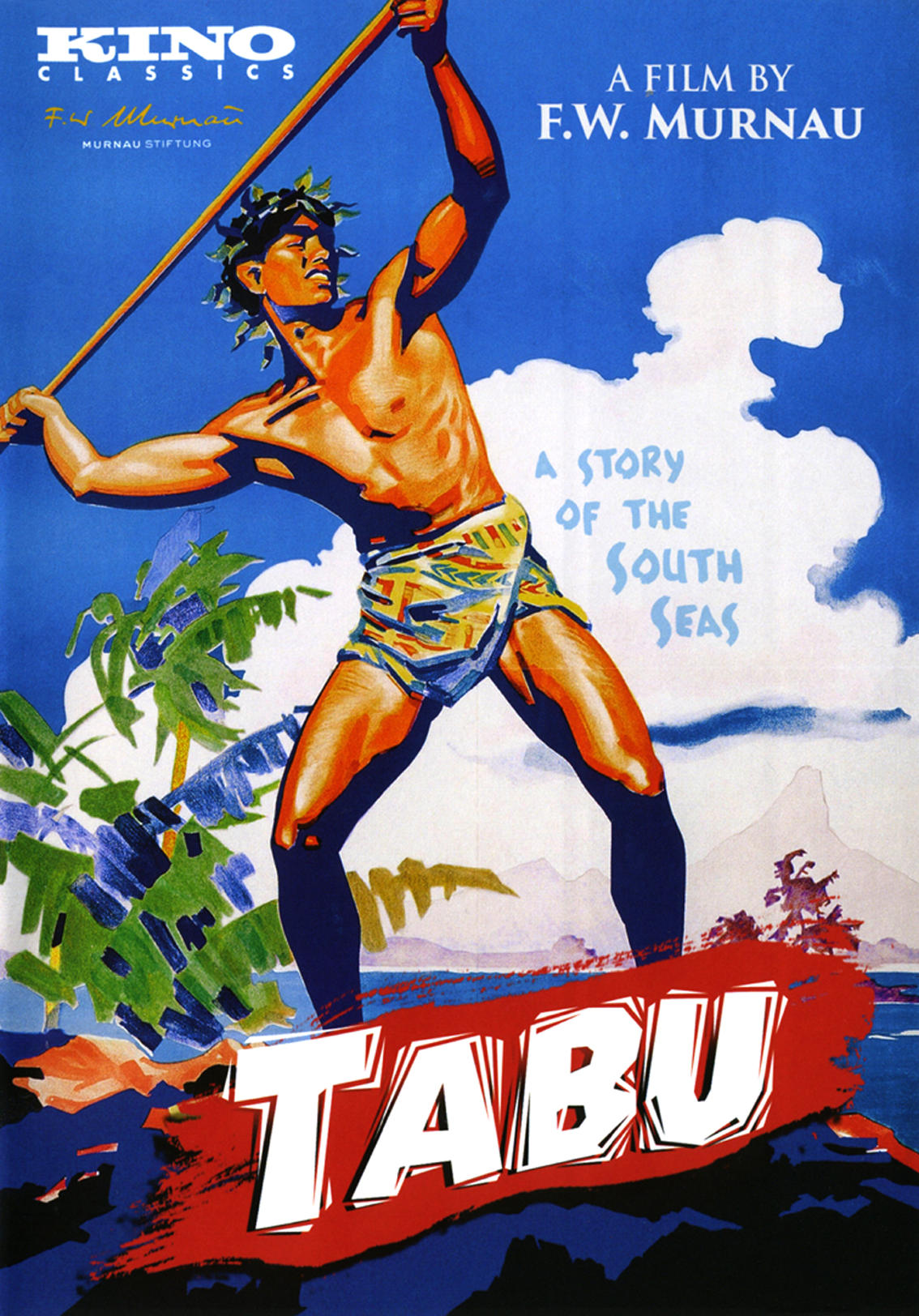Director: James Frawley
Still a fun, clever, goofy flick that can still please adults as well as kids.
Considering that we watched The Muppet Movie, one might think that my wife and I have kids. We don't. One might also assume that we watched this during the Coronavirus quarantine. We didn't. No, we actually watched this late in 2019, well before the COVID-19 virus altered all of our lives and viewing habits. We watched it just because it was a movie that we had watched plenty of times as kids in the early 1980s but neither of us had watched in decades. So one evening, after a long week, we decided to return to what we remembered as a gem of our youth.
We weren't disappointed.
The actual Muppet Show on television, which ran from 1976 to 1981, was known as a wonderfully hilarious, all-ages show that was ostensibly for kids but had more than its fair share of broad appeal. It had cranky adult characters, thinly-veiled sexuality, and a roster of massively famous celebrity guests that most late-night talk shows would have killed to have. It was a variety show run by raucous, wild puppets, and it quickly became legendary.
The 1979 feature film carried over all of the zaniness and fun of the TV show, using a road show plotline to keep things humming along. Kermit the Frog is offered a chance to be a big star in Hollywood, after a movie producer hears him singing in his home swamp. As Kermit makes his way to Tinsel Town, he meets and befriends nearly all of the other characters familiar to those who know the Muppet Show - Fozzie the Bear, Miss Piggy, Gonzo, and all of the other memorable characters. They are pursued by the mogul of a fast-food franchise that sells frogs' legs, who wants Kermit first as a spokes-, uh, frog, but then to simply cook up and serve in his restaurant.
Yes, it's all very silly, as it should be. But The Muppet Movie was great at the very thing that the TV was great at - breaking the fourth wall and cracking plenty of great jokes. There are more than a few puns and plenty of Zucker Brothers-style deadpan humor. And there are even a few solid jabs thrown at the entertainment industry here and there. And, of course, there are a few musical numbers thrown in, which is something that I'm always lukewarm about but certainly didn't mind, even in my mid-forties. The icing is always the many celebrity cameos, including names like Milton Berle, Mel Brooks, James Coburn, and plenty of others.
This was a every bit the fun, comforting stroll down memory lane that my wife and I wanted it to be. Jim Henson, creator of all things Muppet, was an absolute genius of family entertainment, and this movie will stand as testament to that for many, many decades to come.
Still a fun, clever, goofy flick that can still please adults as well as kids.
Considering that we watched The Muppet Movie, one might think that my wife and I have kids. We don't. One might also assume that we watched this during the Coronavirus quarantine. We didn't. No, we actually watched this late in 2019, well before the COVID-19 virus altered all of our lives and viewing habits. We watched it just because it was a movie that we had watched plenty of times as kids in the early 1980s but neither of us had watched in decades. So one evening, after a long week, we decided to return to what we remembered as a gem of our youth.
We weren't disappointed.
The actual Muppet Show on television, which ran from 1976 to 1981, was known as a wonderfully hilarious, all-ages show that was ostensibly for kids but had more than its fair share of broad appeal. It had cranky adult characters, thinly-veiled sexuality, and a roster of massively famous celebrity guests that most late-night talk shows would have killed to have. It was a variety show run by raucous, wild puppets, and it quickly became legendary.
The 1979 feature film carried over all of the zaniness and fun of the TV show, using a road show plotline to keep things humming along. Kermit the Frog is offered a chance to be a big star in Hollywood, after a movie producer hears him singing in his home swamp. As Kermit makes his way to Tinsel Town, he meets and befriends nearly all of the other characters familiar to those who know the Muppet Show - Fozzie the Bear, Miss Piggy, Gonzo, and all of the other memorable characters. They are pursued by the mogul of a fast-food franchise that sells frogs' legs, who wants Kermit first as a spokes-, uh, frog, but then to simply cook up and serve in his restaurant.
 |
| Madelaine Kahn and Telly Savalas - just two of the many, many great little celebrity cameos which were always been part of the early Muppet movies. |
This was a every bit the fun, comforting stroll down memory lane that my wife and I wanted it to be. Jim Henson, creator of all things Muppet, was an absolute genius of family entertainment, and this movie will stand as testament to that for many, many decades to come.












